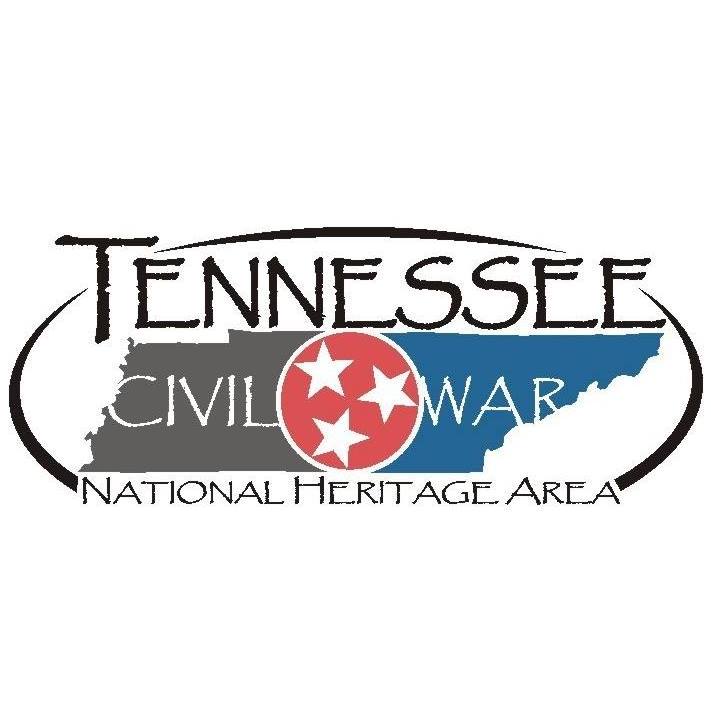History
Established in 1984, the Center for Historic Preservation was part of a comprehensive statewide education reform program in higher education where the state legislature created specialized research centers to involve and support leading academic programs. The Center’s designation acknowledged the national reputation of Middle Tennessee State University’s Historic Preservation program, established in 1973, and its affiliated Mid-South Humanities Project, a regional heritage education program funded by the National Endowment for the Humanities from 1978-1983. These two programs are the foundation blocks for the Center’s multi-layered contributions to the state, region, and nation for the past 25 years.
Hundreds of preservationists who work throughout the nation received their formative training through the academic program and by active engagement in the Center’s many projects and programs. Center faculty and staff teach historic preservation classes, directing over 140 graduate theses and dissertations. The Center constantly strives to place students in appropriate positions, to continue their professional mentoring as their careers develop.
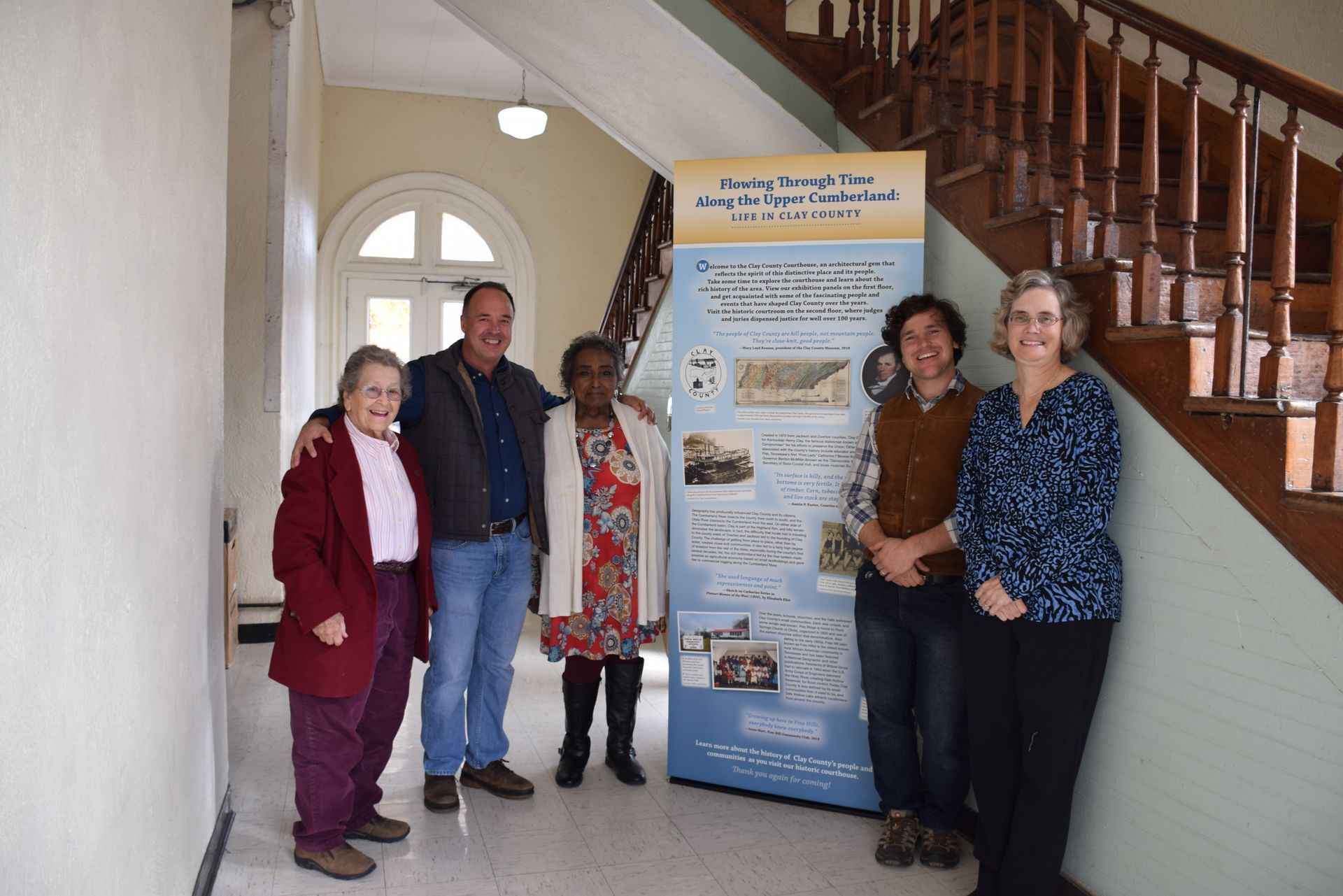
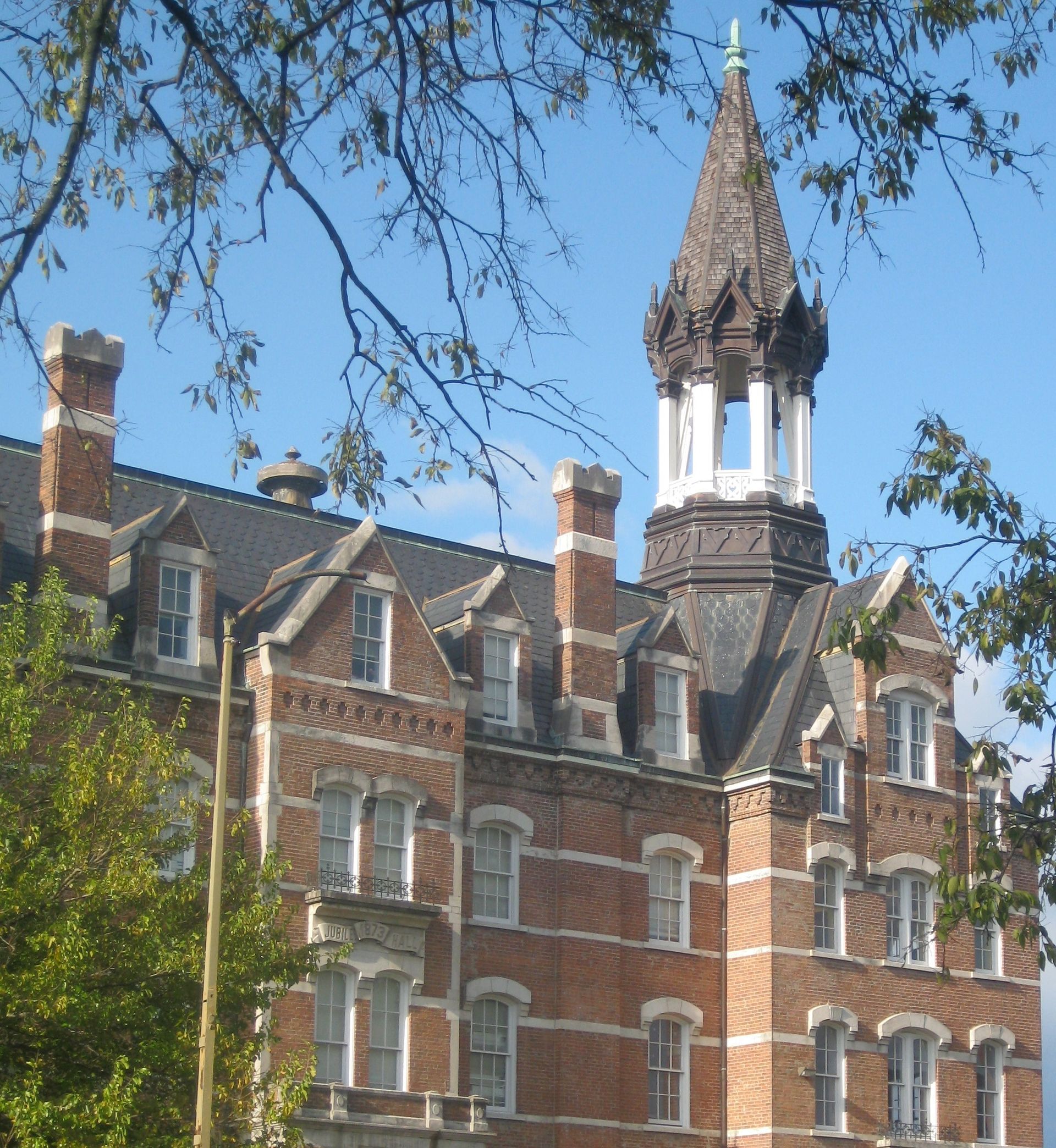
The Center has been a national leader in rural preservation since it became the administrator of the Tennessee Century Farms program in 1985. Now a model for similar programs in other states, the Center partners with farm families, state agriculture officials, agricultural organizations, county historians, and agricultural fair boards. Over 1200 farms, all continuously owned by the same family and in agricultural production for more than 100 years, have joined the program, which is actively engaged in preservation assessments and conservation needs.
In 1997, the Center established a second major statewide rural preservation project, the Rural African American Church Survey, which has engaged congregations large and small in the preservation and heritage development of these extraordinary properties. A survey of African American churches led naturally to the documentation of nearby cemeteries, lodges, and schools. The Center was among the first preservation organizations in the south to document Rosenwald Schools, sponsoring a regional conference in 1995.
The Center administers the Tennessee Civil War National Heritage Area, operating as a partnership unit of the National Park Service since 2001. The Heritage Area builds on existing Center research and programs to offer expanded professional services and outreach, and collaborative partnership support. Working closely with the state’s tourism officials, Center staff work to identify and interpret Civil War and Reconstruction–era sites, most notably through the Civil War Sesquicentennial Commission and the Tennessee Civil War Trails program. The Center also plays a national role in heritage area training. From 2003 to 2007, it administered the Heritage Development Institute, preparing workshops from Monterey, CA, to Penn Center, SC. In 2005, it hosted the International Heritage Development Conference in Nashville.
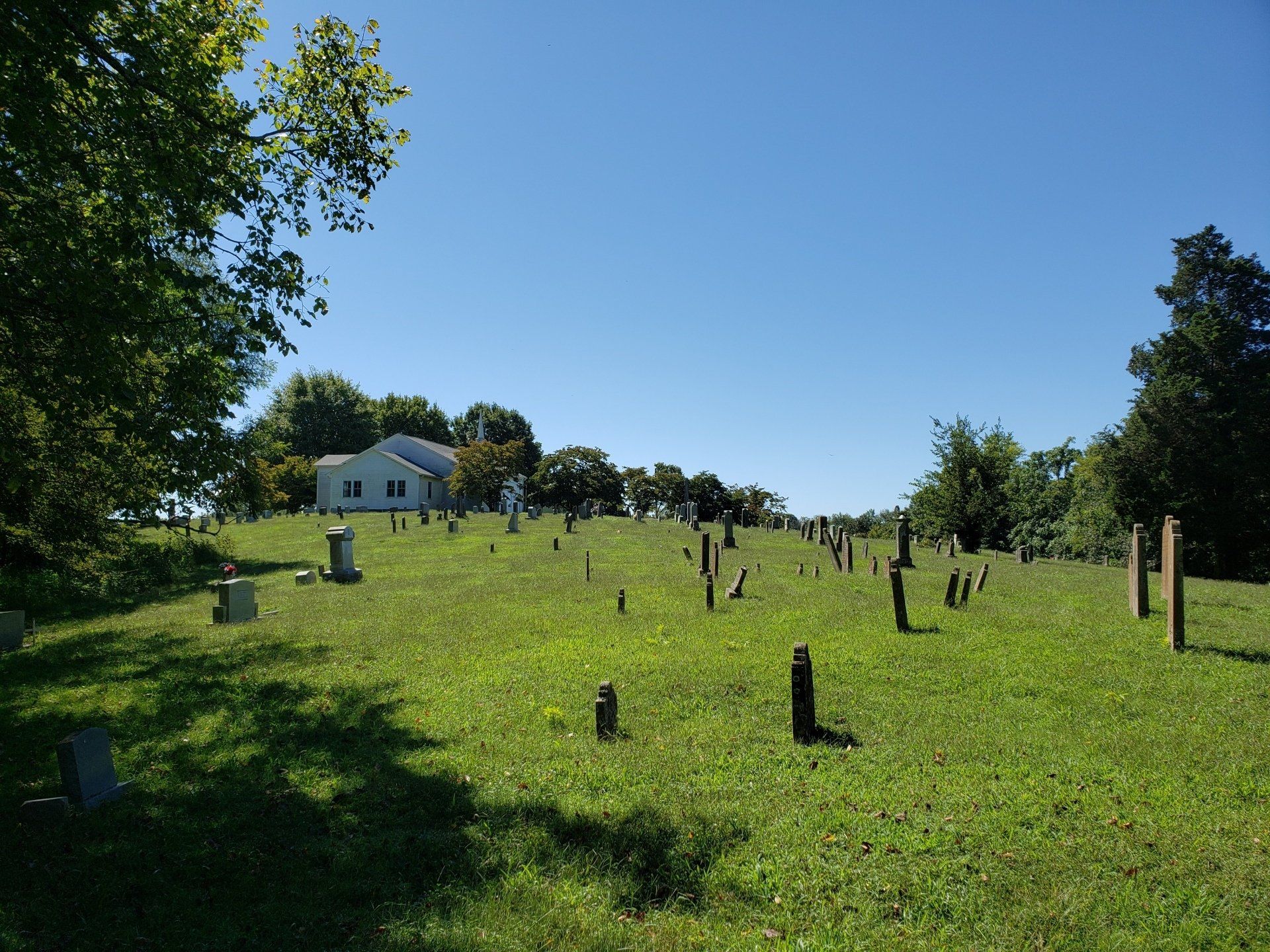
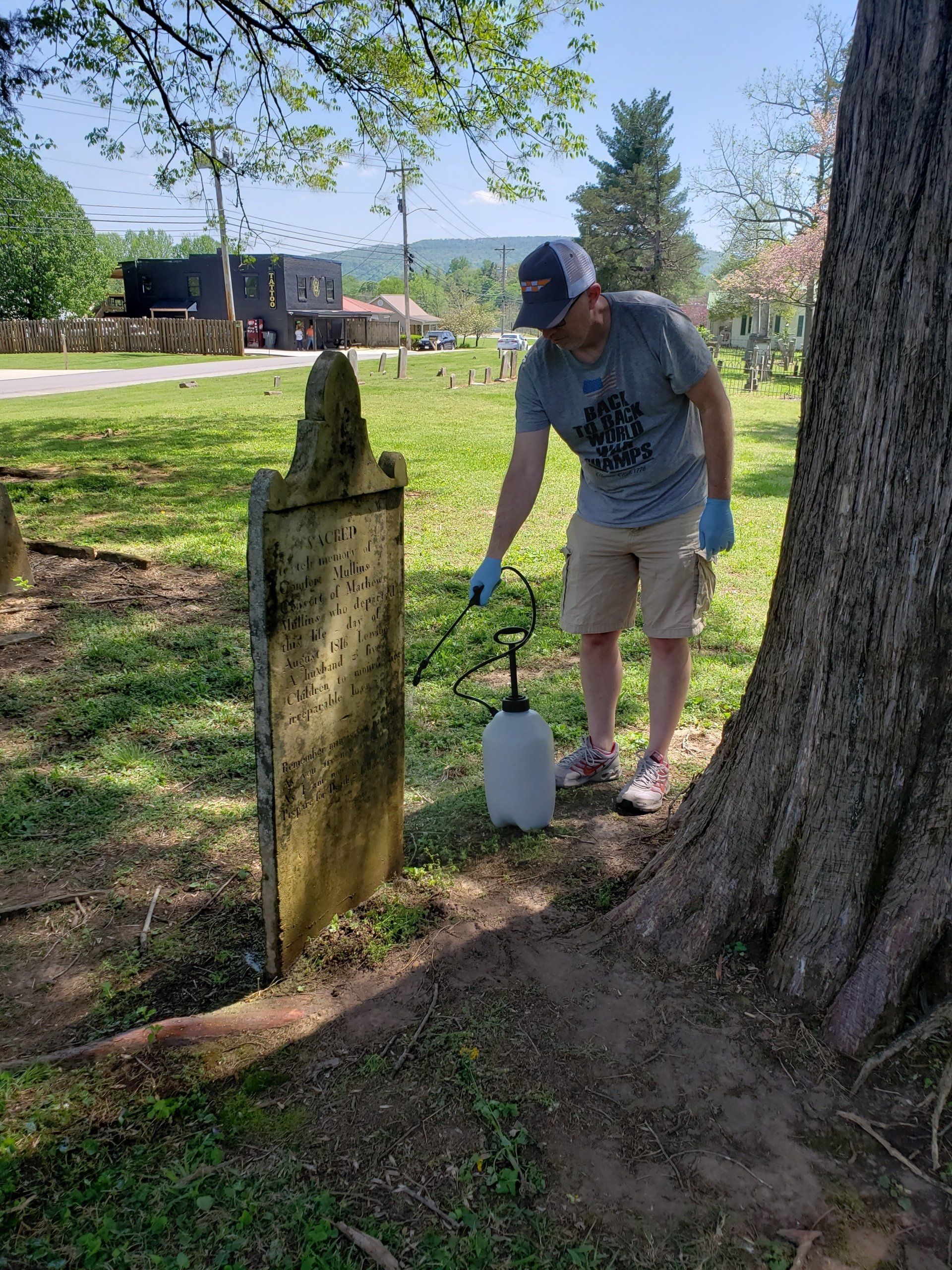
The Center also has served as a research center in history and culture history. Teaching With Primary Sources across Tennessee is a cooperative effort with the Library of Congress connects Tennesseans with primary source items representing American history, culture, arts, and sciences. The Center makes significant contributions to the literature of American history and culture through such award-winning books as A Traveler’s Companion to Montana History (1986), Capitalism on the Frontier (1993), Tennessee’s Historical Landscapes (1995), Tennessee Encyclopedia of History and Culture (1998),Tennessee’s New Deal Landscapes (2000), Trial and Triumph: Readings in Tennessee’s African-American Past (2002), A History of Tennessee Arts (2004), and Barns of Tennessee (2009).
The Center’s biggest impact, beyond its many distinguished graduates, would be on the communities of Tennessee — large and small, rural and urban — in developing and providing, at no charge in most cases, historic preservation plans, historic structure reports, heritage tourism plans, Main Street program assistance, National Register and survey projects, and a host of other related assistance. The Center also provides administrative and planning assistance to many of the Tennessee’s heritage organizations. On several national issues, this service and impact has spread from Civil Rights resources in Alabama to blues music properties in Mississippi to battlefield sites in Montana.
Since 1984, the Center for Historic Preservation at Middle Tennessee State University has taken very seriously its mission to identify, preserve, interpret, and sensitively promote and sustain our historic environment. Through “best practices” programs and activities in academic scholarship, field work, and experiential learning, the Center continues its initial and long-standing commitment to shape the careers of historic preservation practitioners through community-based projects that enhance the quality of life in the region.


